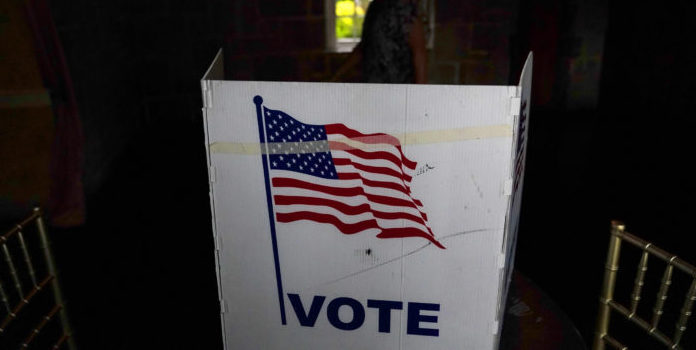(Jacob Bruns, Headline USA) A marginally-updated form of the HR1 Bill, one of lame duck Wyoming RINO Rep. Liz Cheney’s hobby horses, has passed in the House of Representatives.
The legislation, passed on Wednesday, would overturn the 1887 Electoral Count Act, effectively re-writing election rules in order to ensure Democrat victories across the nation.
The bill, called the Presidential Election Reform Act, was proposed by the Wyoming congresswoman alongside Rep. Zoe Lofgren, a Democrat from California and fellow J6 Committee conspirator.
In particular, it is designed to allow the alteration of normal election procedures in the case of a poorly defined “catastrophic event,” in order to allow people to vote for up to five days after the normal polling day, The Federalist reported.
Democrats rammed the bill through the House, gaining support from a mere nine Republicans, eight of whom supported the second impeachment of former President Donald Trump and are either retiring or have lose their recent primaries.
Trump slammed the bill earlier this week.
Rep. Claudia Tenney, R-N.Y., the co-chair of the Election Integrity Caucus, called the bill “the latest attempt from House Democrats to stack the democratic process in their favor,” adding that the proposal never underwent standard legislative processes.
In particular, she condemned Democrats for releasing the text days before the vote without the bill ever having passed through committee scrutiny, thus deviating from normal procedure.
She also insinuated that the bill is a ploy to win over votes this November.
“It is nothing more than a partisan messaging bill intended to score cheap political points weeks before an election,” Tenney added.
She noted that the vague language will be interpreted in the broadest possible sense if the bill passes in the Senate.
“The bill broadly defines a ‘catastrophic event,’ which could be used to extend balloting for up to five days after the polls close in a presidential election,” she said.
“It also tramples on the core principle of state sovereignty and directly contradicts the United States Constitution. The legislation also creates broad private rights of action in a backdoor to empower Democrat election lawyers and partisan operatives.”

